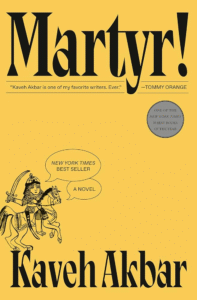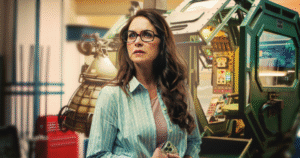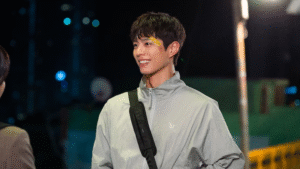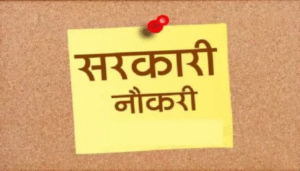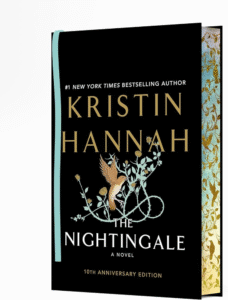From Olympic Glory to Police Grit: The Engaging Premise of Amazon Prime Video’s “Good Boy”
Amazon Prime Video’s latest K-drama offering, “Good Boy,” dives headfirst into an exhilarating blend of action, comedy, and compelling character drama, setting itself apart with a unique premise. Eschewing the typical police procedural’s origin story, the series introduces a special criminal investigation team composed entirely of former Olympic medalists. This fresh concept, coupled with a stellar cast led by Park Bo-gum and Kim So-hyun, creates a dynamic and highly entertaining viewing experience that explores themes of second chances, societal expectations, and the unwavering pursuit of justice.

A Cast of Champions: Beyond the Medals
The core strength of “Good Boy” lies in its unconventional roster of protagonists. At the center is Yoon Dong-ju (Park Bo-gum), a boxing gold medalist whose career is cut short by unfortunate circumstances. His earnest yet hot-blooded demeanor makes him an immediate fan favorite, showcasing Park Bo-gum’s versatility in blending charm with action-ready intensity. Alongside him is Ji Han-na (Kim So-hyun), a former shooting prodigy whose calm composure belies a fierce determination. Their individual struggles – Dong-ju’s unfair expulsion and Han-na’s battle with public criticism and self-doubt – resonate deeply, making their transition to police work not just a career change, but a quest for redemption and purpose. The ensemble is further enriched by Lee Sang-yi as a fencer, Heo Sung-tae as a wrestler-turned-team-leader, and Tae Won-seok as a discus champion, each bringing their unique athletic skills and personal quirks to the crime-fighting arena. This concept of leveraging their specialized physical prowess in police work provides a constant source of inventive action sequences and lighthearted humor.
Action, Humor, and the Fight Against Injustice
“Good Boy” masterfully navigates its multi-genre landscape. While the action sequences are sharply choreographed and utilize the characters’ athletic backgrounds in innovative ways, the series never loses its comedic touch. The initial episodes highlight the “ragtag” nature of this special unit, often facing skepticism and discrimination from their traditional police colleagues. This inherent underdog narrative fuels much of the show’s charm and provides ample opportunity for humorous interactions as they navigate bureaucratic hurdles and unconventional crime-solving methods. Beyond the punches and laughs, “Good Boy” delves into the darker underbelly of society, tackling violent crimes and systemic injustices. The series effectively portrays the frustrations faced by these former champions as they confront a world where their past glory means little in the face of corrupt power and organized crime, such as the mysterious “Golden Bunny” group. Their fight for justice becomes a metaphorical extension of their athletic battles, demanding perseverance, teamwork, and an unyielding spirit.
A Refreshing Take on the Police Procedural
“Good Boy” isn’t merely an action-comedy; it’s a refreshing reinterpretation of the police procedural. By grounding its heroes in a relatable struggle for validation and a second chance, it imbues the crime-solving narrative with a deeper emotional resonance. The characters are not just badges but individuals with pasts, dreams, and vulnerabilities. This emphasis on character development and the camaraderie among the team elevates the show beyond a simple crime-of-the-week format. As the series progresses, viewers are invited to witness their growth, their burgeoning relationships (including a subtle, developing romance between Dong-ju and Han-na), and their collective impact on a society yearning for “good boys” and girls who stand up against wrongdoing. “Good Boy” successfully blends its high-octane premise with genuine heart, proving that even in the face of adversity, the spirit of a champion, whether in the arena or on the streets, can shine brightly.

